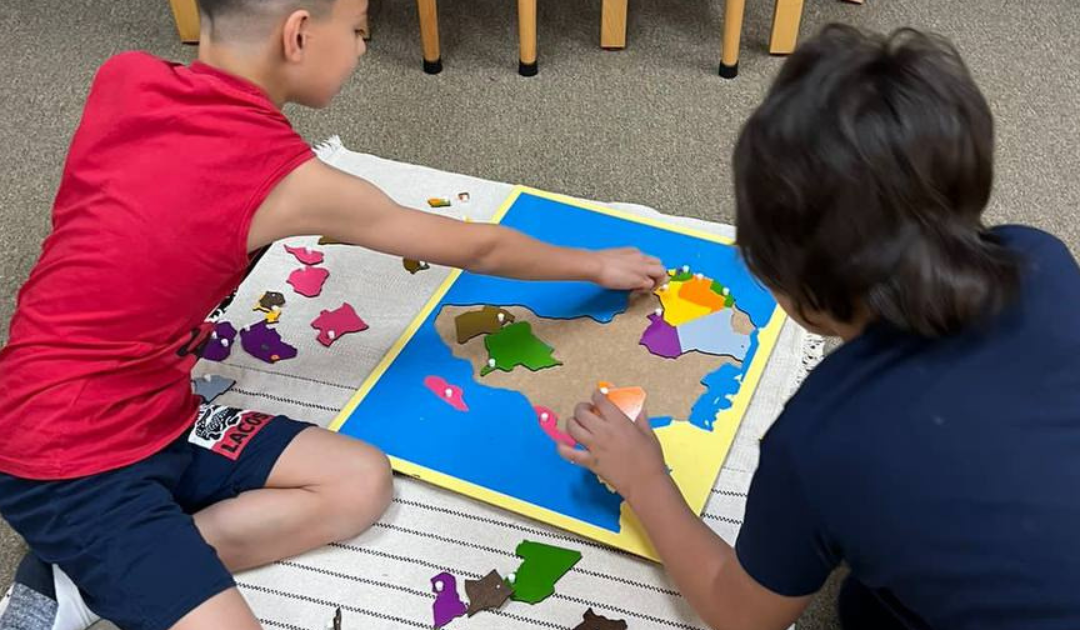The Montessori approach to education emphasizes both autonomy and collaboration as key components of the learning process. Here are some key concepts that define the Montessori approach to autonomy and collaboration:
Autonomy:
Montessori education emphasizes the importance of developing independence and self-reliance in children. Children are given the freedom to choose their own activities within the prepared environment, and they are encouraged to take responsibility for their own learning.

Self-correction:
Montessori materials are designed to be self-correcting, which means that children can learn from their own mistakes. This helps to develop a sense of autonomy and self-reliance, as children are empowered to learn and problem-solve on their own.

Freedom within limits:
While autonomy is important, Montessori education also emphasizes the importance of setting clear boundaries and guidelines for children. This helps to ensure their safety and respect for others, while still allowing them the freedom to explore and learn within the prepared environment.

Collaboration:
Montessori education also emphasizes the importance of collaboration and teamwork. Children work in mixed-age groups, which allows younger children to learn from older children and older children to reinforce their own learning by teaching younger children.
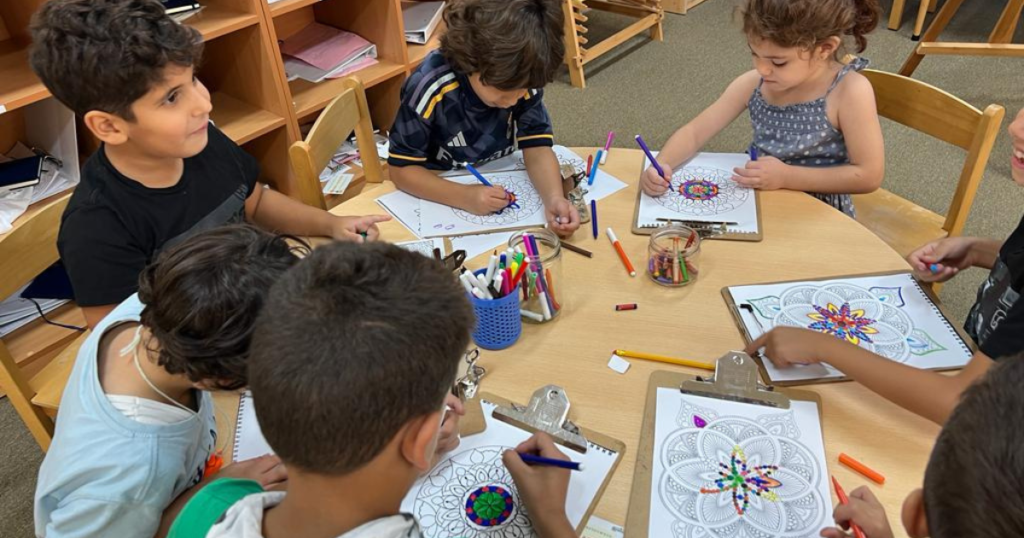
Grace and courtesy:
Montessori education emphasizes the importance of social skills and respect for others. Children learn to greet each other, take turns, and work together in a spirit of cooperation and mutual respect.
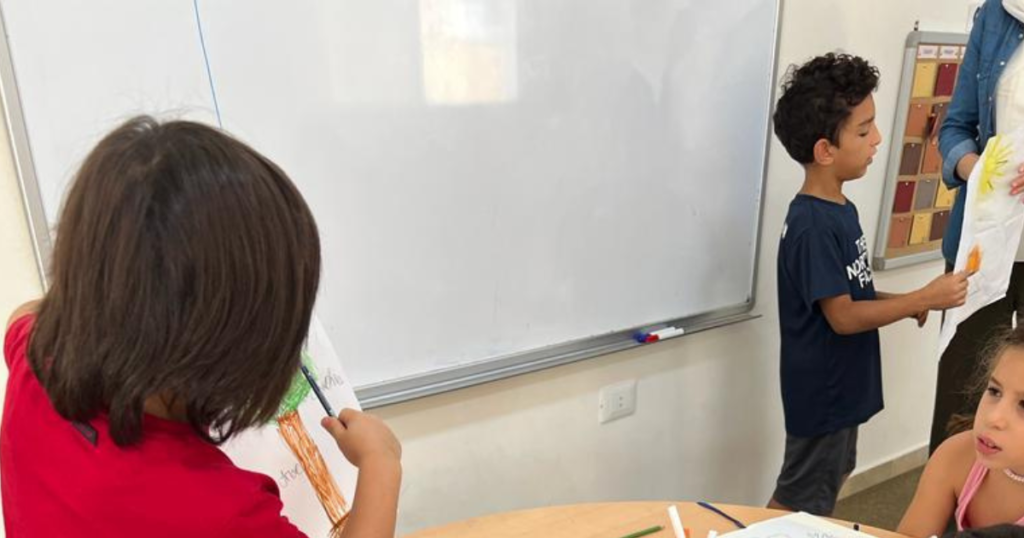
Conflict resolution:
Montessori education also teaches children how to resolve conflicts in a peaceful and respectful manner. Children are encouraged to communicate openly and honestly with each other and to find mutually acceptable solutions to problems.
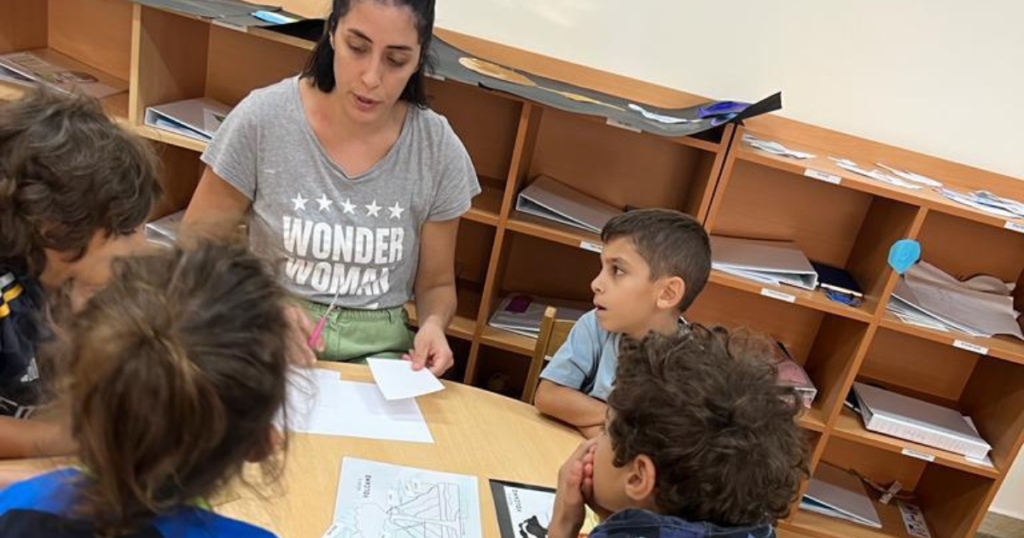
Individualized learning:
Montessori education is designed to meet the needs and interests of each individual child. This individualized approach to learning helps to foster a sense of autonomy and independence, while still allowing for collaboration and teamwork.
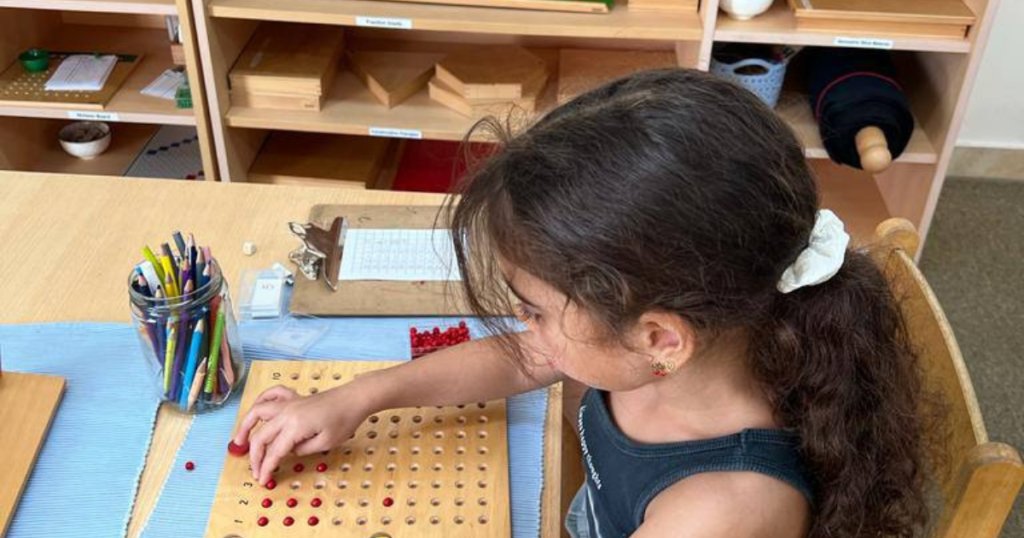
Overall, the Montessori approach to autonomy and collaboration is designed to help children develop both independence and social skills, which are essential for success in all areas of life. By providing a prepared environment that allows for both individualized learning and collaboration, Montessori education helps children to become self-reliant, independent learners who are also respectful and cooperative members of a community.

